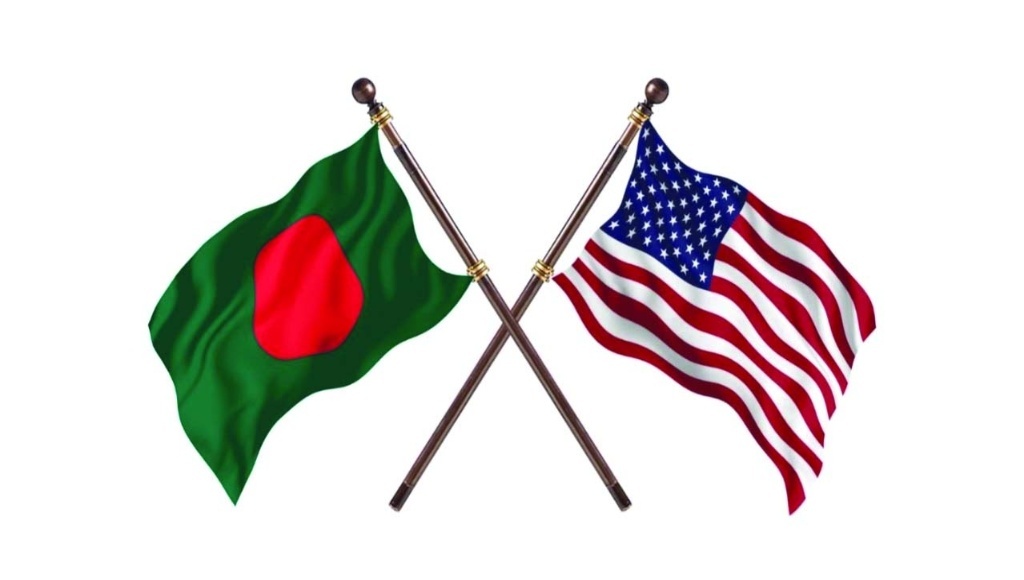News Flash

WASHINGTON DC, Aug 1, 2025 (BSS) – The United States (US) has reduced its tariff rate on goods from Bangladesh to 20 percent, a significant reduction from the previous 35 percent, after a final round of intense negotiations in Washington.
The announcement was made by the White House today, after the final round of the talks in Washington DC between Bangladeshi officials and the Office of the United States Trade Representative (USTR), the main body responsible for overseeing US trade policy.
According to a press statement issued by the Chief Adviser's Press Wing, Bangladesh secured a 20 percent tariff rate—comparable to its key apparel-sector competitors such as Sri Lanka, Vietnam, Pakistan, and Indonesia, which received rates between 19 percent and 20 percent.
As a result, Bangladesh's relative competitiveness in apparel exports remains unaffected.
By contrast, India received a 25 percent tariff after failing to reach a comprehensive agreement with the U.S.
“We negotiated carefully to ensure that our commitments aligned with our national interests and capacity,” said Dr. Khalilur Rahman, Bangladesh’s National Security Adviser and lead negotiator.
“Protecting our apparel industry was a top priority, but we also focused our purchase commitments on U.S. agricultural products. This supports our food security goals and fosters goodwill with U.S. farming states,” he added.
“Today, we successfully avoided a potential 35% reciprocal tariff. That’s good news for our apparel sector and the millions who depend on it. We’ve also preserved our global competitiveness and opened up new opportunities to access the world's largest consumer market” said Dr. Rahman.
President Donald Trump today announced new tariff rates—up to 41 percent—on imports from 70 countries, just ahead of the August 1 deadline for finalizing bilateral trade agreements.
These agreements extend beyond tariff adjustments to include domestic policy reforms that the Trump administration views as contributing to trade imbalances. They also address broader economic and national security concerns. As part of the negotiations, countries were required to make explicit commitments to purchase U.S. goods to help narrow trade deficits.
Given the scope of issues involved, the negotiation process has been complex and time-consuming. Tariff relief was tied not only to reductions in duties on U.S. exports but also to a country’s willingness to address U.S. concerns on non-tariff barriers, trade imbalances, and security matters.
President Trump's executive order made clear that each country’s tariff rate would reflect the depth of its commitment across all these areas.